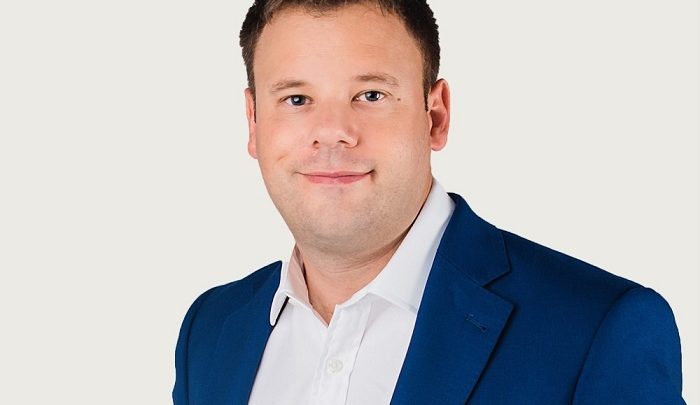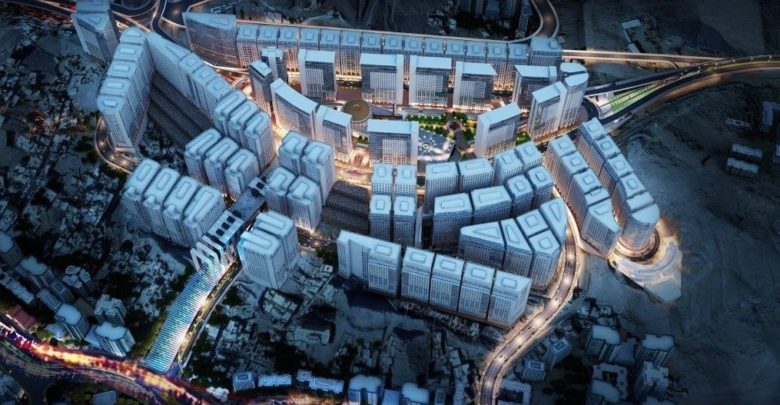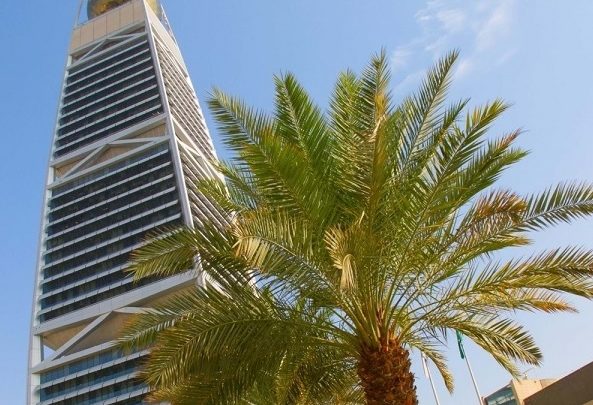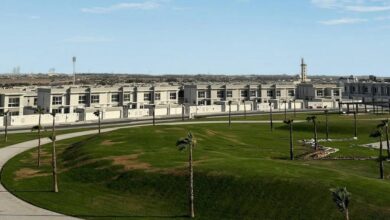-
Saudi Arabia leads GCC with over 5,000 projects valued at US$1.6 trillion to develop transport and energy infrastructure, schools, hospitals, tourism, as well as commercial, retail and residential real estate
According to leading cost and project management consultancy, Linesight, which has a GCC pipeline worth over US$10 billion, activity in the construction sector throughout the GCC countries, will begin to recover steadily from the beginning of 2020, after a challenging period of subdued performance.
Long-term positive factors such as economic diversification, social reform, especially in Saudi Arabia, and general demographic demand, combined with renewed government ambition, will be the key drivers.
Saudi Arabia currently holds the greatest potential for the construction sector within the GCC, with more than 5,000 capital projects worth well over US$1.6 trillion in the pre-execution stage.
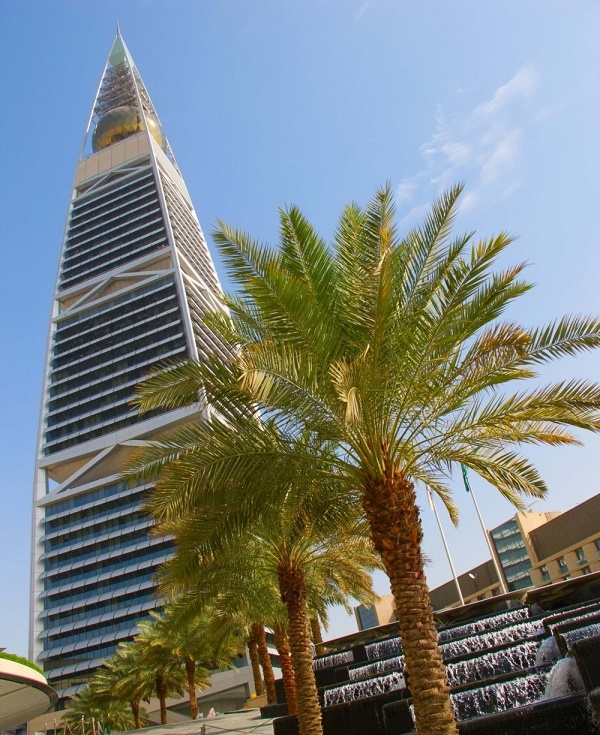
That includes over 150 development projects worth US$3.27 billion, for the Tabuk region, in the northwest of Saudi, that were announced by Saudi’s King Salman bin Abdulaziz, in November last year. The King also launched more than 600 projects in Qassim, 400km north west of Riyadh, worth US$4.36 billion and around another 200 new projects in Hail, also in the north west of the Kingdom, valued at US$1.14 billion.
However, the centrepiece of its ambitious Vision 2030 initiative, is the US$500 billion, 26,500 square km, Neom project, situated along 468 km of Saudi’s Red Sea coast close to Egypt and Jordan. The first phase of Neom, is due for completion in 2025.
“Naturally many regional industry professionals are now upbeat about the prospects for Saudi Arabia,” said Damien Gallogly, Regional Director for the Middle East at Linesight, which has offices in Riyadh, Dubai and Bahrain.
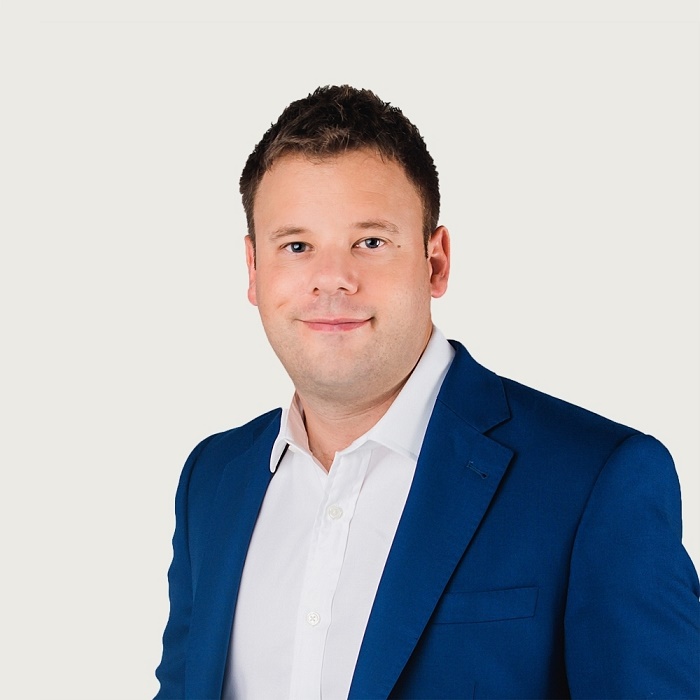
“Saudi Arabia is also actively seeking to improve its rail, airport, port and other transport-related infrastructure, as well as increase residential supply, healthcare, leisure and tourism facilities. Without doubt, the Kingdom remains the most active construction market in the region, signalling exciting times ahead,” added Gallogly.
“To underpin social demand, the Saudi government has overseen a major cultural and social transition since 2017, which has allowed mixed audiences at cinemas and concerts and brought an end to restrictions on women travelling alone,” said Gallogly.
The project developments in Linesight’s own GCC pipeline are currently worth in excess of US$10 billion, with average annual revenue growth of over 6%. Some of the more prominent developments in Saudi Arabia include the US$4 billion Thakher City mixed-use project in Makkah and the Al Faisaliah District redevelopment project in Riyadh, which involves upgrading the Al Khozama, retail, hospitality and commercial complex
Saudi’s General Sports Authority (GSA) has also launched the world’s richest horse race, with prize money totalling US$20 million and it is also making concerted efforts to bring Formula One to the Kingdom, after the successful running of the inaugural Formula E in Riyadh last year.
The GSA has also confirmed that Saudi will host the world heavyweight title boxing rematch between Andy Ruiz and Anthony Joshua, in Riyadh later this year, following recent debuts for the European Golf tour and WWE wrestling.
Doubts have been cast whether Saudi will be able to fund the realisation of Vision 2030. And with US shale oil extraction at a record 12.32 million barrels per day on average, the US–China trade tensions dragging on and the slowing global economy, on the surface, the task looks challenging.
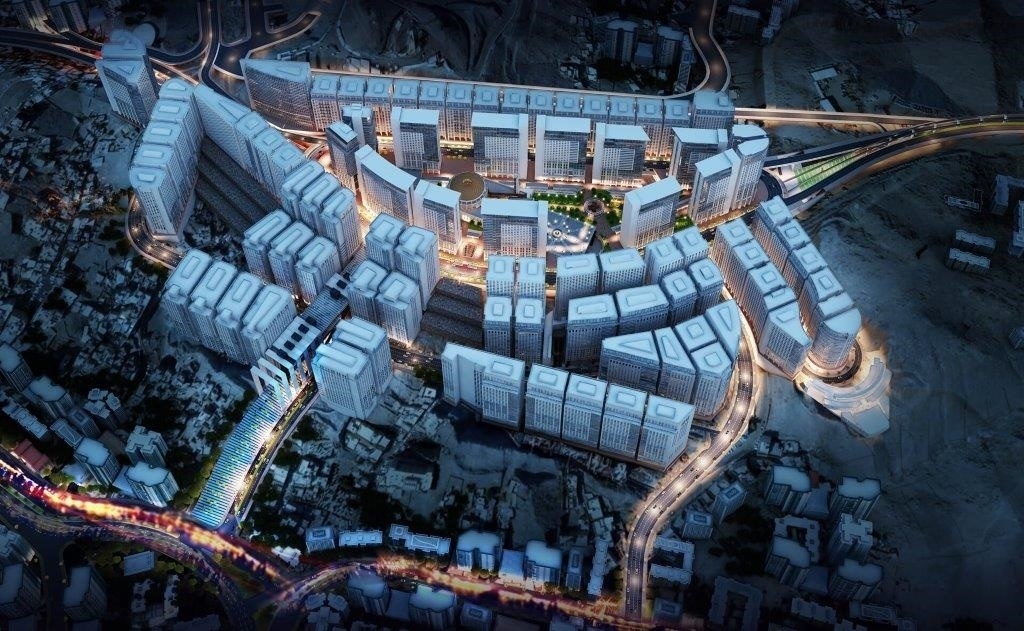
However, Saudi’s budget for 2019 is US$295 billion, a 7% increase over 2018. The economic and social reforms are clearly designed to attract more foreign direct investment, which stood at US$3.5 billion in 2018, already double that in 2017.
Saudi still has certain state assets which the government aims to generate over US$10 billion through its privatisation programme, notwithstanding the aborted Saudi Aramco IPO. Last but by no means least, there is the Saudi sovereign wealth fund which should surpass US$600 billion by next year.
“Saudi Arabia is committed to completing these projects and is confident that it will be find the appropriate finance to do so. It is this strategic intent that in my opinion, makes the Kingdom the most dynamic construction market in the Middle East,” said Gallogly.
For more details, please visit www.linesight.com
about Linesight
Linesight provides professional consultancy services, management support and strategic advice to the global construction industry. From initial concept to project completion, the company has been helping clients to build their businesses since 1974. The company has developed long-lasting relationships with some of the biggest companies in the world and has earned a reputation as a world leader in the field by continually evolving to best meet the needs of clients.
The company has knowledge and experience spanning a multitude of sectors including Commercial, Data Centers, Life Sciences, Healthcare, High-Tech Industrial, Hospitality, Education, Residential, Retail, Transportation and Infrastructure, Energy and Oil & Gas.
Linesight has a global reach with staff located across the Middle East, Europe, Asia Pacific and the USA. The company’s permanent and long-established presence in these areas allows for the development of strategic partnerships, access to local resources, formulation of the most current market insights, and knowledge of each territory.


